Microscopic examinations
Microscopic examinations are frequently used in damage analysis and material analysis. The examination of the fracture surface of a damaged component, the observation of an annealing residue or the determination of the glass fiber orientations in the micrograph are common tasks.
Microscopic examination of plastics is a common procedure in the determination of structure-property relationships. In damage analysis, a fractured surface is usually first evaluated under the microscope to get a first impression of the damage. In many cases, clues and theories as to the cause can already be derived from the fracture pattern and, if necessary, confirmed by further analysis. When identifying a material in the course of a material analysis, the determined annealing residue can be viewed under the microscope and statements made about inorganic fillers, such as glass fibers, glass beads or mineral fillers.
Microscopy can also be used as a development-accompanying test, for example if the glass fiber orientation in the weld line is to be compared under different injection molding parameters. Depending on the task, various microscopic methods are used. In addition to reflected light and transmitted light microscopy, scanning electron microscopy is often used due to its large depth of focus, e.g. for fracture surface analysis. Thin-section microscopy enables the analysis of thin layers, e.g. for the investigation of crystalline structures or fiber courses.

